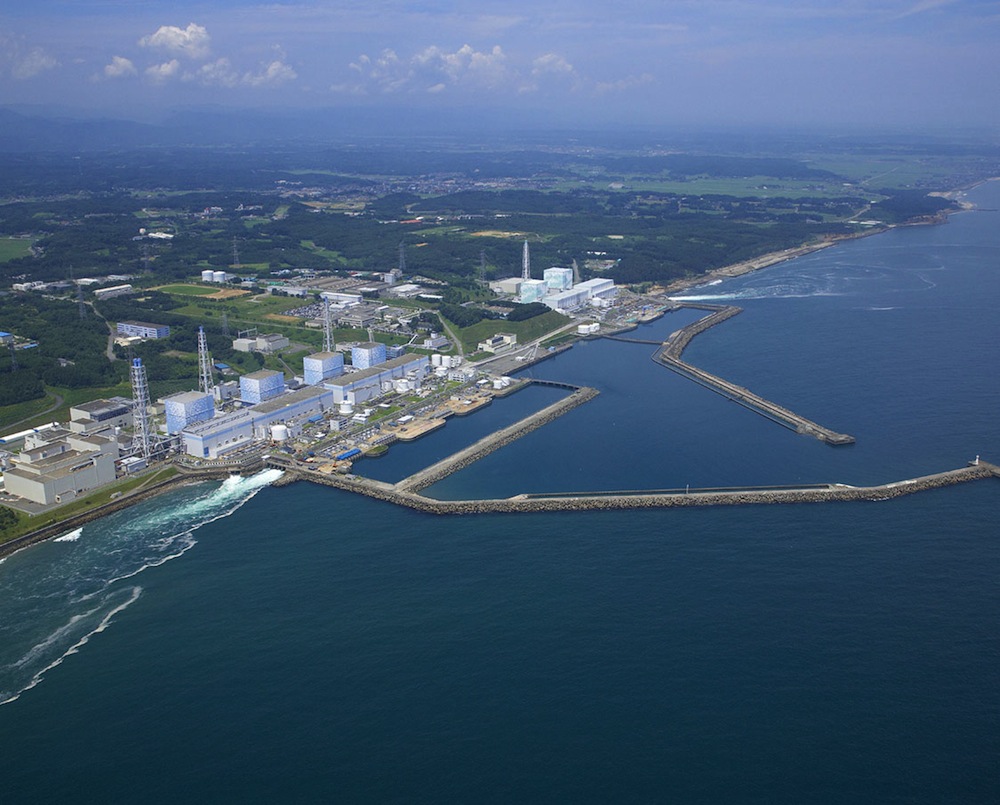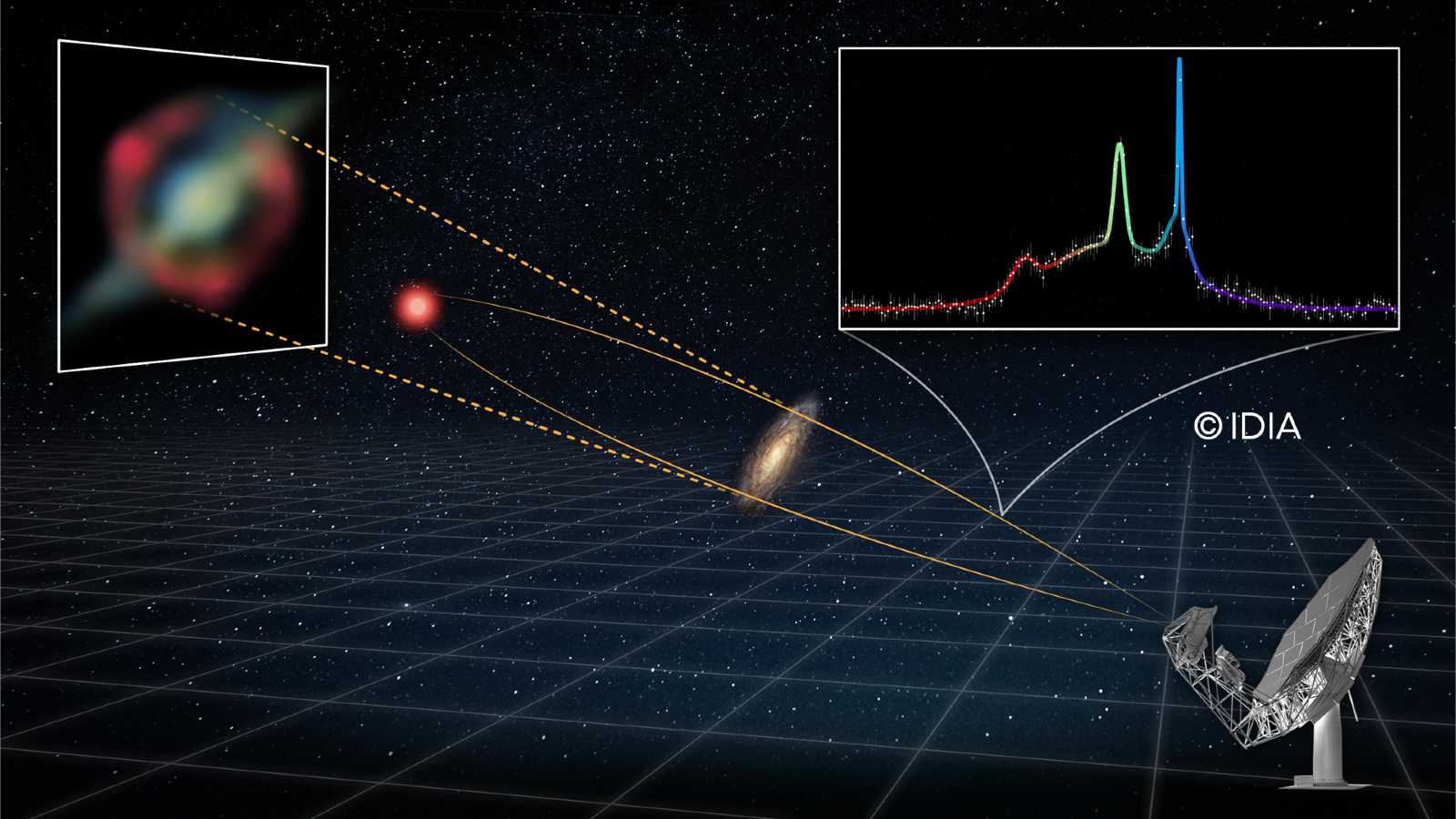
Get the world’s most fascinating discoveries delivered straight to your inbox.
You are now subscribed
Your newsletter sign-up was successful
Want to add more newsletters?
Join the club
Get full access to premium articles, exclusive features and a growing list of member rewards.
Japan is slashing its greenhouse gas reduction goals in the wake of the Fukushima nuclear accident, which has caused the country to replace its nuclear power with coal, natural gas and other greenhouse-gas emitting forms of energy.
Instead of reducing greenhouse gases by 25 percent from their 1990 levels, Japan's goals will aim for a 3 percent rise over those levels, which is a 3.8 percent reduction from 2005 levels. All of the country's nuclear power plants are currently idle for scheduled maintenance checks, and the new estimates rely on no nuclear power in the future.
Before the accident, caused by the massive tsunami that inundated the coast in 2011, the country's sole plan for achieving greenhouse gas reductions focused on nuclear power. "Our government has been saying ... that the 25 percent reduction target was totally unfounded and wasn't feasible," government spokesman Chief Cabinet Secretary Yoshihide Suga said, according to the BBC.
Follow Tia Ghose on Twitter and Google+. Follow LiveScience @livescience, Facebook & Google+.
Get the world’s most fascinating discoveries delivered straight to your inbox.

Tia is the editor-in-chief (premium) and was formerly managing editor and senior writer for Live Science. Her work has appeared in Scientific American, Wired.com, Science News and other outlets. She holds a master's degree in bioengineering from the University of Washington, a graduate certificate in science writing from UC Santa Cruz and a bachelor's degree in mechanical engineering from the University of Texas at Austin. Tia was part of a team at the Milwaukee Journal Sentinel that published the Empty Cradles series on preterm births, which won multiple awards, including the 2012 Casey Medal for Meritorious Journalism.
 Live Science Plus
Live Science Plus











